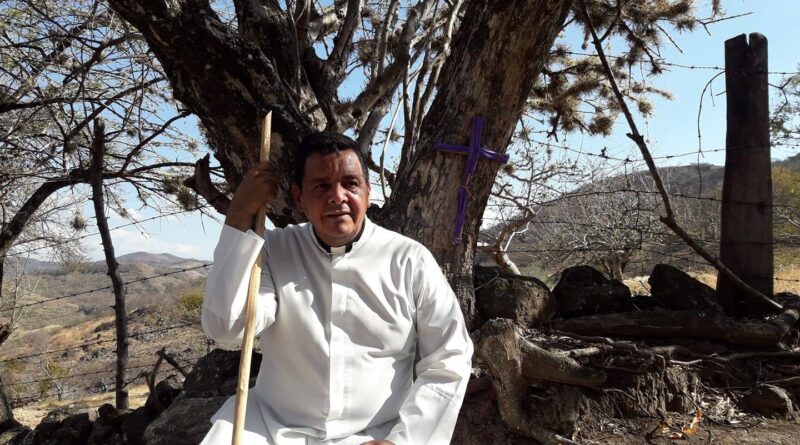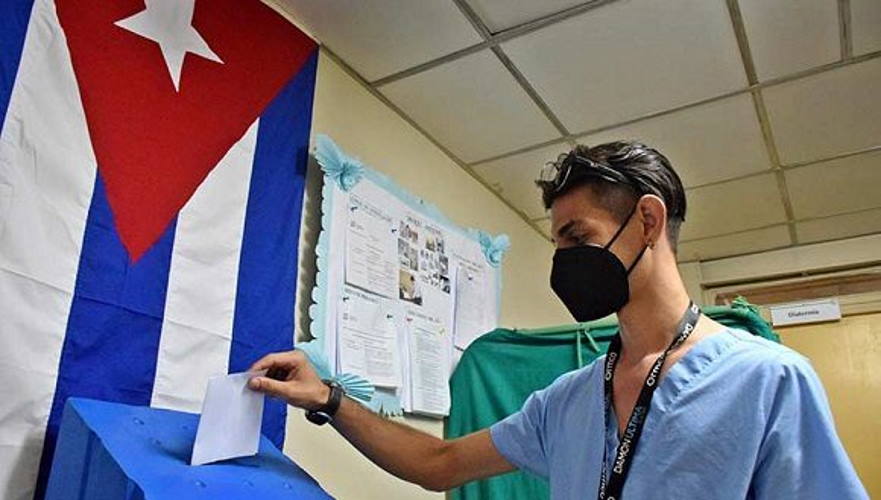Carolina Gomez Mena
Newspaper La Jornada
Wednesday, September 28, 2022, p. twenty-one
Multiple sclerosis (MS) is the disease that more disability causes in the young adult, after trauma
because the largest number of patients have between 20 and 30 years old
exposed the neurologist Bren-da Bertado.
At a press conference, the specialist of the XXI Century National Medical Center of the Mexican Institute of Social Security (IMSS) explained that this condition, which affects the central nervous system, is experienced in the country by some 28 thousand
people, adding that on average, globally, it takes six years for patients to have a confirmed diagnosis, allowing the disease to progress.
Bertado, a researcher in MS protocols who coordinates the Demyelinating Diseases Clinic (CED) of said medical center, spoke of the need to carry out information campaigns among doctors, in order to detect the disease as soon as possible.
The disability it generates gives a strong weight to the disease. We try to do more and more campaigns from undergraduate, postgraduate and general practitioners. This year a congress was held for general practitioners, who are our first line.
MS is an autoimmune condition in which the body attacks the nervous system, destroying the myelin sheaths that cover the axon of neurons, a structure that carries electrical information from one nerve cell to another.
The expert in neuroimmunology from the University of Barcelona, noted that attempts have been made to have a registry of patients. “Last year an effort was made at the institutional level, to bring together all the patients from the largest IMSS centers: Guadalajara, Monterrey, Chihuahua, Mérida, Veracruz and Mexico City, a registry was made and it is published.
They are interesting data. As for age, it is corroborated again that it is between 20 and 30 years old, which in the northern states has a higher frequency. And about the symptoms that, as well as worldwide, 85 percent of cases is the relapsing-remitting form. We are aware that it is a small effort and that the private part and other institutions need to be integrated, and we are working on that. The idea is that we do it together.
Pharmacological advances
Carolina Amaya, from Novartis neurosciences, mentioned two treatments that have shown benefits: for relapsing forms of MS (Ofatumumab) and for secondary progressive MS (Siponimod), both endorsed by Cofepris, and said she trusts that they will soon be available in the sector public.
The first substance reduces relapses by 58.5 percent and the second delays the use of a wheelchair by up to 4.3 years.

















